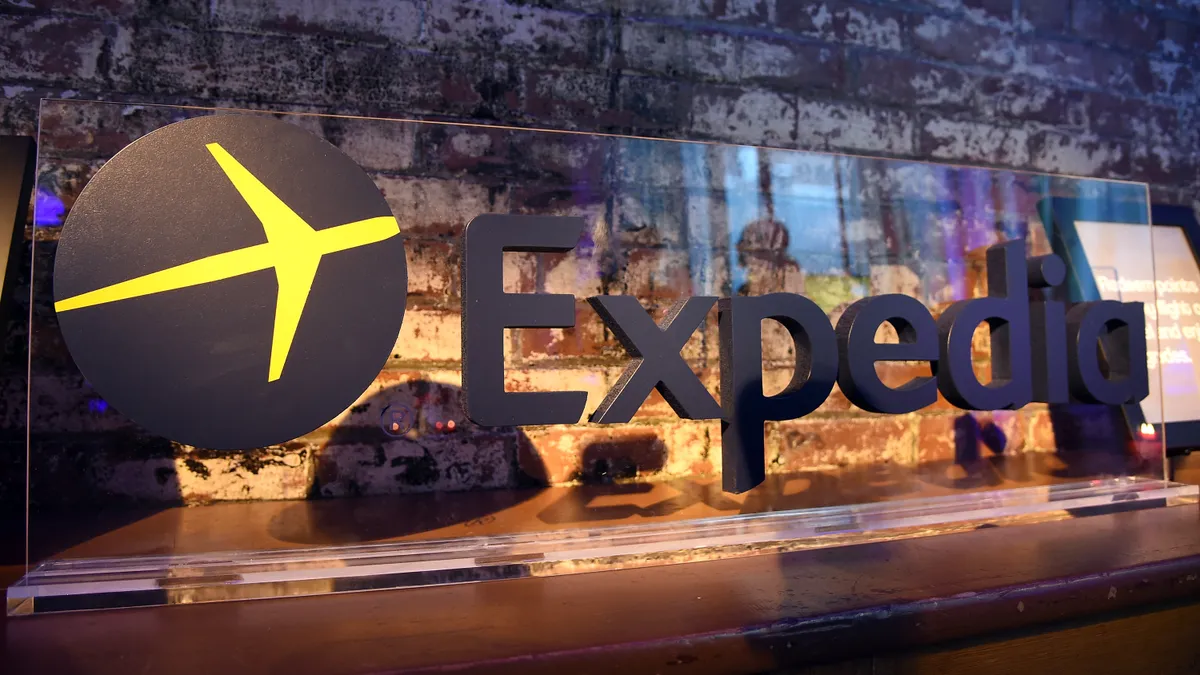Dive Brief:
-
On Monday, Expedia Group launched a rebranding campaign in which it pivots from an online booking and travel site to being an “ultimate travel companion.” CFO Eric Hart said the change is a result of its newly infused marketing budget.
-
A resurgence of traveling is expected to hit as more of the country becomes vaccinated, and Expedia’s marketing spend, which it drastically curtailed amid the stay-at-home orders, will surge with it, Hart said. The campaign is Expedia’s largest branding effort since 2016.
-
Amid the pandemic, Expedia, which owns Vrbo and Hotels.com, laid off 12% of its workforce last spring, and initiated three rounds of layoffs. Alongside cutting real estate and software spending, it slashed its marketing expenses 60% from 2019 to 2020.
Dive Insight:
Since the pandemic hit, Expedia has had to be “quite conservative” in how it allocated marketing dollars, Hart told the Wall Street Journal. It hopes to change course in the latter half of 2021, spending more on brand and performance marketing, he said, but declined to share a figure.
“This is not a small, run-of-the-mill campaign,” Shiv Singh, Expedia’s SVP of brand, told Campaign. “We're putting an incredible amount of weight and attention behind this on the product and marketing side.”
The rebrand follows Expedia’s introduction of various new products launched over the past year aimed at making traveling easier and safer. Within the app, users can now access automatically updating itinerary, handle insurance claims and compare offers side-by-side with clear price breakdowns, Campaign said.
The travel and hospitality industries were pummeled by COVID-19; in 2020, Expedia’s revenue fell 57%. It was “an incredibly difficult year,” Vice Chairman and CEO Peter Kern said in Expedia’s fourth quarter earnings release, adding that the company “was not spared the broadly negative impacts of COVID-19."
To continue trimming expenditures going forward, the Seattle-based company is aiming to streamline the platforms and systems it operates for greater efficiency and centralized marketing spending, Hart told the Journal.
“We looked at the cost structure of the business, and we felt we could run this more efficiently,” he said, adding that the company hopes to save between $700 million and $750 million by year’s end.
Hart currently serves as both Chief Strategy Officer and CFO for Expedia. He has been with Expedia for nearly twelve years, mostly working in corporate development before becoming Chief Strategy Officer in November 2019.
One month later, Hart was tapped as interim CFO, when former CEO Mark Okerstrom and CFO Alan Pickerill jointly resigned following disagreements over strategy with Chairman Barry Diller.














